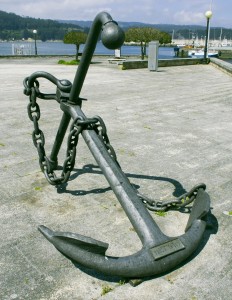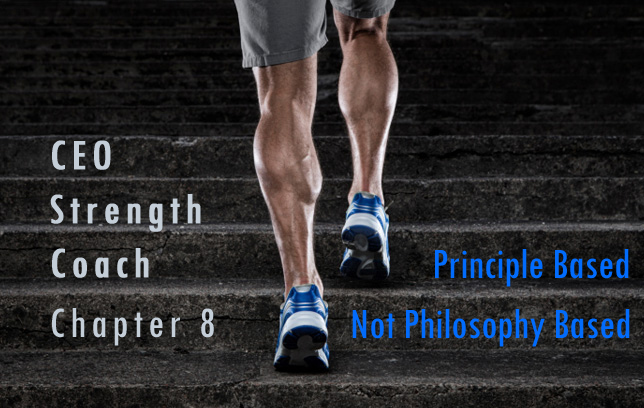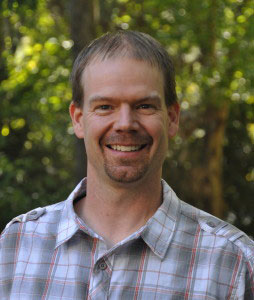Principle-Based NOT Philosophy-Based by Chris Morland:
I’d like to share the story about how I discovered my approach to training as an educator and coach. The story begins in 2007 during what used to be the annual Basketball Symposium (now called High Performance Basketball) that Coach Charles Stephenson founded and directed. The purpose of this annual event is to draw together expert strength and conditioning coaches who work mostly with basketball. I’m very thankful to have had the chance to co-direct the event for a few years with all the coaches I met and gather the excellent information I’ve used to develop my own training methodology.
During this event many speakers presented and two presenters really stood out to me in their approach to training. One presenter Coach Vern Gambetta shared that you need to know your approach to training and put it down on one piece of paper to share easily. He said it needs to be understandable and show the qualities of your training approach. Another presenter Coach Bob Medina (who coached the Portland Trail Blazers) shared that you need to have everything written down and put in a binder for someone. He talked about the experience of getting the job with the Trail Blazers and meeting with the CEO and sharing the binder. He said, “it shows professionalism and that you know what you’re doing and what you’re going to do in the future.”
These experiences happened about 5 years into my coaching career and it resonated with me deeply. As a result, I made a commitment to work on both of these things as I grew and matured as a coach. During the same year I met a sharp young coach, Chad Kollmann who came to do the internship I directed at NC State (which became known as a top 25 experience in the US) and we began working on the original one-page methodology document together. I also met another strength coach who had been in the profession for many years who was philosophy-based. I tried to relate to his thinking but couldn’t understand the parameters of what he agreed with and didn’t agree with on his approach to training.
Things continued to progress for a few years until about 10 years into my coaching experience when I was given the gift of some reflection time. I invested that time by advising three different software development teams on how to build software for strength and conditioning coaches. I developed material and worked through the process to build a manual that Coach Medina had suggested. I included all aspects of training I’d done over the years and compiled it together in a binder of about 150 pages. I knew if I was given another chance to teach and coach I’d have a manual to guide me. When I interviewed at Cardinal Gibbons High School I made two copies of the manual and gave one to our principal and one to the athletic director during the interview. I was offered the position and the original manual sits on my desk today.
Why would I recommend a principle-based training approach over a philosophy-based system as coach Ron McKeefery has suggested?
 In the ever changing world of strength and conditioning, a coach needs an anchor for their methodology. A principle-based system provides an anchor that is not moved as the wind blows but keeps a coach coming back to the basics that have weathered the test of time. In my opinion even the idea of a philosophy-based approach says the core aspects can change much like the wind blows. The real question becomes, “where does the process stop?” There must be some things that take priority over others. And so I form these core aspects of experience and evidence into principles to guide the decision-making process.
In the ever changing world of strength and conditioning, a coach needs an anchor for their methodology. A principle-based system provides an anchor that is not moved as the wind blows but keeps a coach coming back to the basics that have weathered the test of time. In my opinion even the idea of a philosophy-based approach says the core aspects can change much like the wind blows. The real question becomes, “where does the process stop?” There must be some things that take priority over others. And so I form these core aspects of experience and evidence into principles to guide the decision-making process.
Over my career I’ve had an opportunity to share my methodology with many different young coaches and each time they pull on that anchor. My experience has grown in application of sports science as I observe, research, design, and implement programs. This has continued to prove that a systematic approach takes a step up in this principle-based approach.
The 10-Step Approach I use to make a needs analysis can be found here:
Recently I blogged about how the model has materialized at Cardinal Gibbons HS.
The Push-Pull Methodology I’ve used for almost 10 years can be found here:
I think the principles shared in CEO Strength Coach are excellent to use for coaches who are developing their approach. It discusses these 10 principles used by Coach Ken Mannie:
- Overload
- Progression
- Balanced Development
- Perfect Technique
- Variety (Modalities, Order of Exercises, Finishers)
- Supervision (queuing, goals, and breathing)
- Reversibility
- Specificity (exercises and resistances are used that transfer to performance)
- Periodization (planned, varied program where changes ensure development)
- Evaluation (strength, power, endurance, aerobic, anaerobic, agility, speed, and body composition)
In summary, every coach travels the journey of exploring the right training approach. I’ve presented how my journey began which has led me to where I stand today. In our weekly staff improvement meeting this week, our staff discussed that being open early in your career is great but reaching the decision about what kind of core training principles are best for you is an important destination to reach. The best advice I can give to others is to read, research, and write down your methodology on one page and update it regularly. I did what those veteran coaches suggested and it taught me how to present my approach to training, defend my approach, and ultimately it landed me at the ideal position for my skills set and talents! I hope you can experience the same things in the future and let me know if I can help you. Please post a comment below to share with another reader if you liked this blog. Thanks and lets keep creating #championmoments!
Chris Morland, MS, CSCS
Director of Strength and Conditioning/Teacher
Educator and Coach | Visionary
Please leave your comments or e-mail what you liked or have questions about below and we will post them!
Would you like to follow Morland STRENGTH’s new Instagram account?
#dreammor #MorlandSTRENGTH
“The views, opinions, and judgments expressed in this message are solely those of the authors and peer reviewers. The contents have been reviewed by any a professional team of contributors but not approved by any other outside entity including the Roman Catholic Diocese of Raleigh.”



So proud of all you have become.. congratulations on all your successes…. just examples of what a gift God has given you to do what you do..
Isn’t your principal approach your philosophy?
Great question! I’ve considered this difference in terms very closely. I met a college strength coach from a major Division I school coach about 10 years ago and we discusses our approach to training. As we talked shop it seemed like our conversation resembled a dog chasing it’s tail around and around. His approach was philosophy-based was attempting to accommodate major themes from many different approaches to training. The reason I refer to my methodology as principal-based is because the center-point of my training of: technique, strength, power, overload, variation, and specificity does not change. These are the principals I base all other decisions in my program that really work and provide the results. I hope this response helps! Chris Morland | Educator and Coach